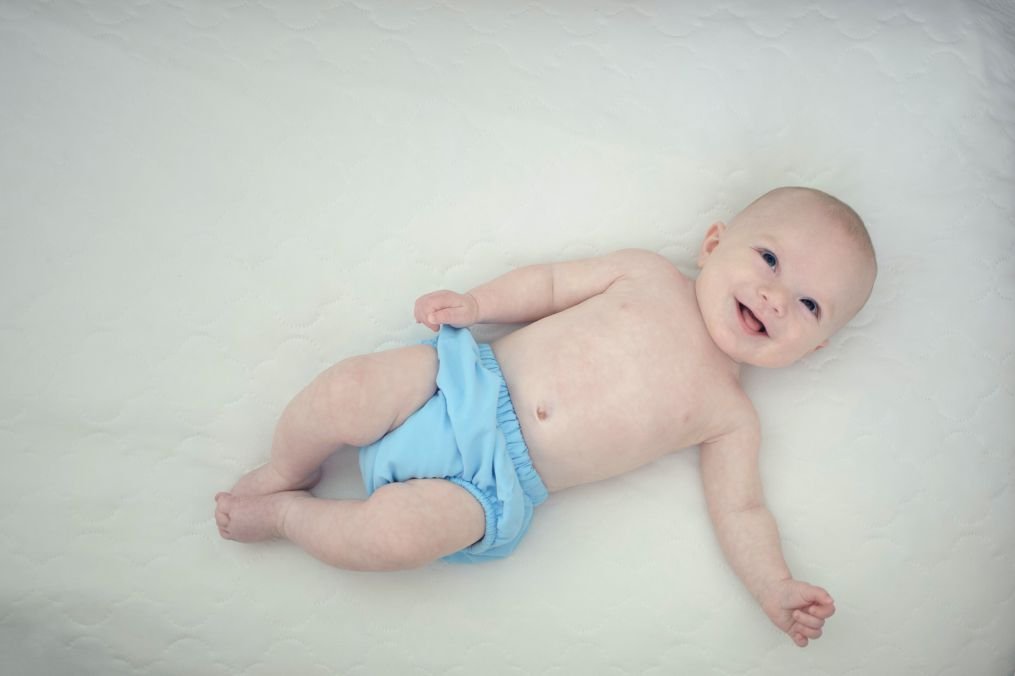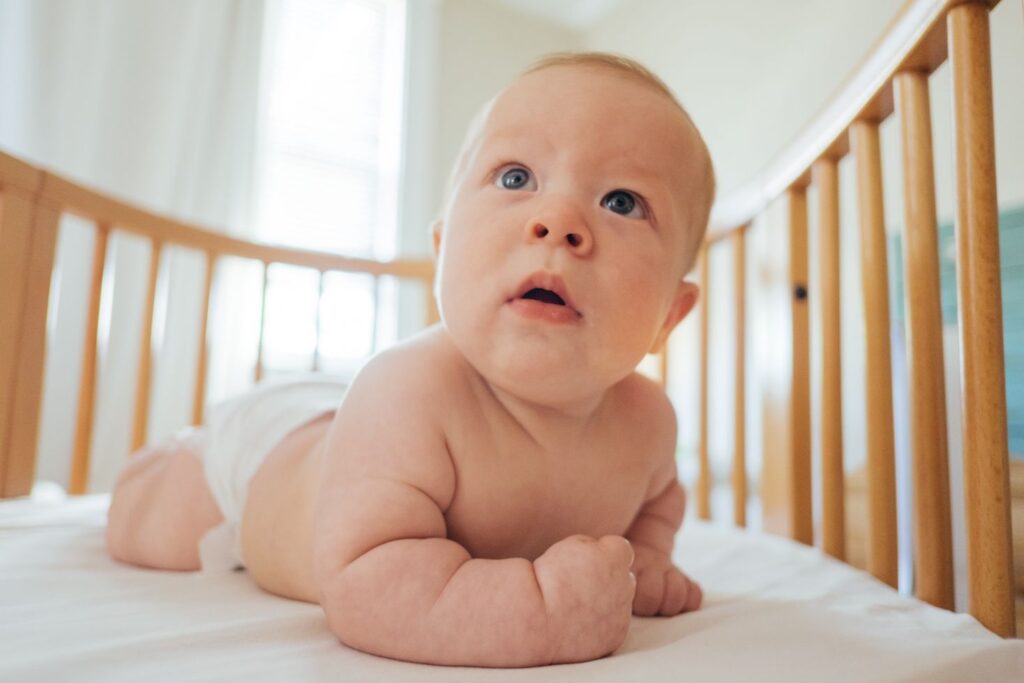Becoming a parent is an exciting time. There are so many things to think about and prepare for.
Every parenting decision has pros and cons, and using diapers is no exception.
One of the big decisions you will have to make is whether or not to use diapers. Here is a list of 10 advantages and disadvantages of diapers to help you make your decision.
Table of Contents
Advantages of Diapers:

- They are convenient – Parents don’t have to worry about finding a place to change their baby’s diaper. They can do it anywhere, anytime.
- They are absorbent – Diapers can absorb a lot of liquid, keeping your baby dry and comfortable.
- They are easy to use – Diapers are easy to put on and take off, even for first-time parents.
- They save time – Parents don’t have to spend as much time doing laundry because disposable diapers can be thrown away after each use.
- They are affordable – Diapers are generally cheaper than other baby garments, such as cloth diapers.
- They come in different sizes – You can find diapers that will fit your baby no matter how big or small they are.
- They come in different types – You can choose from disposable or reusable diapers, depending on your preference.
- They can be used with other products – You can use diaper rash cream, wipes, and other products with diapers to keep your baby’s skin healthy and free from irritation.
- They can be reused – If you use cloth diapers, you can wash them and reuse them.
- They protect clothes – Diapers can help protect your baby’s clothes from getting wet or dirty when they urinate or defecate.
Disadvantages of Diapers:

- They can be expensive – If you choose disposable diapers, you will need to buy them regularly, which can add up over time. If you choose reusable diapers, you will need to wash them frequently, which can also be costly.
- Diaper rash is common – Many babies suffer from diaper rash at some point because the area is constantly moist, providing the perfect environment for bacteria to grow.
- Leaks are common – Even the best fitting diaper won’t prevent all leaks all the time, so expect to deal with wet clothing and sheets occasionally.
- You may need special equipment – Reusable diapers require a washing machine and dryer and somewhere to hang them up to dry.
- You have to carry them with you – If you’re using disposable diapers, you’ll need to ensure you have enough when you go out. You’ll need access to a washing machine using reusable ones.
- Sensitive-skinned babies may react – Some babies may develop redness or irritation from certain brands or materials.
- Diaper pails stink – No matter what type of diaper you use, the smells from dirty diapers can be quite overwhelming, especially if they build up over time.
- They produce waste – Disposable diapers create a lot of waste because they end up in landfills, where they take years to decompose.
- They’re not natural – This isn’t necessarily a bad thing, but it is worth considering if you’re looking for ways to reduce your environmental impact.
- Potty training takes longer – Many experts believe that children who wear diapers potty train later than those who don’t because they don’t feel the discomfort associated with wetting themselves.
- They may be uncomfortable – Babies may not like wearing diapers because they can be tight and constricting, which may cause discomfort.
Must read: Types of Diaper Rash
Conclusion
Whether or not to use diapers is personal, and every parent has made it based on their circumstances. All families are different, so there is no right or wrong answer when deciding whether to use diapers.
Ultimately, the decision comes down to what works best for your family based on your lifestyle, budget, and preferences.
Check: Diaper Bag Collection
Frequently Asked Questions
-
Is it safe to use diapers for babies at night?
Yes, it is safe to use diapers for babies at night. The diaper will help keep the baby dry and prevent leakage.
This is why you are recommended to change the diaper every 3-4 hours to prevent infection from bacteria. If you are using cloth diapers, ensure they are always clean.
-
When to change reusable diapers?
You can use reusable diapers till your child is potty trained.
Though reusable diapers are associated with lower health risks compared to disposable diapers, it’s recommended to replace them after 3 to 6 months of regular usage depending on factors like the number of diapers used, frequency of diaper changes, etc.
-
Can a baby wear a diaper for 12 hours?
Yes. A baby can wear a diaper for 12 hours. Disposable diapers have come a long way in the past couple of decades.
The absorbency is the most important factor for a baby wearing a diaper for 12 hours without leaks. Many high-quality, highly absorbent diapers are available in today’s disposable diapers.
-
Is it better to use cloth diapers or disposable ones?
There are several reasons to use cloth diapers. They are biodegradable, reduce the carbon footprint, and are better for the environment.
Also, they reduce the cost of diapering in the long run. Cloth diapers are more comfortable than disposables as they have more airflow. They also have bio-safe bamboo/cotton-infused fabrics, which are similar to your skin, so they are perfect for babies.
Disposable diapers are convenient and are not expensive, but it’s a one-time use product. Disposables also contain questionable chemicals, which may be harmful to your child. Also, they take years to decompose, while cloth diapers decompose within just a few months.
-
Does diaper cause urine infection?
Yes. A wet diaper can trap urine. Absorbent padding and plastic back sheets in diapers can hold urine, leading to irritation and inflammation. If the diaper is not changed frequently, the urine may irritate the skin, causing infection.
-
How many times should diapers be changed?
Diapers should be changed every two to three hours to avoid diaper rash. It’s best to change the diaper again shortly after the child wakes up in the morning so that diapers can be used during the day without causing diaper rash.
Some children will not be fussy about wet diapers. If so, you can wait up to four hours at a stretch to change your diapers. Make sure to change their diapers immediately if your child seems uncomfortable.













